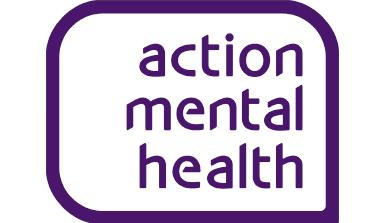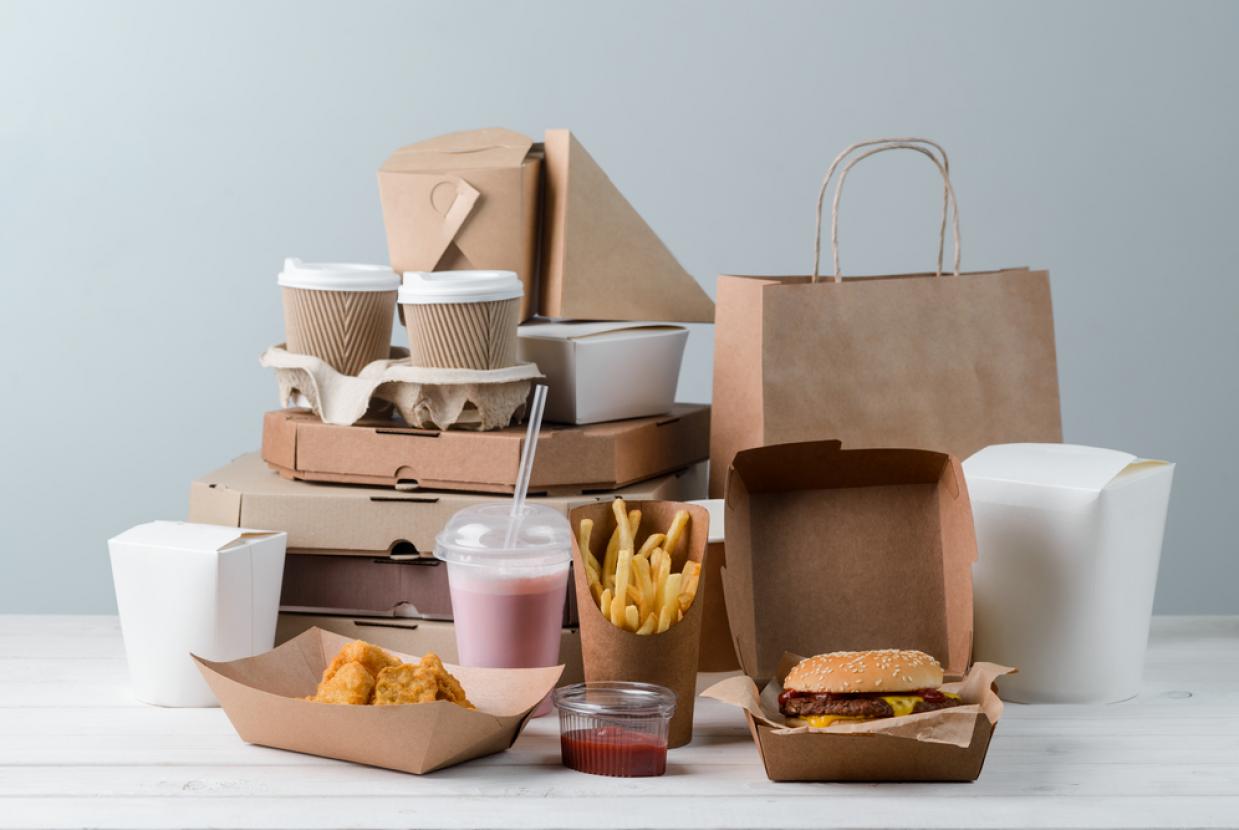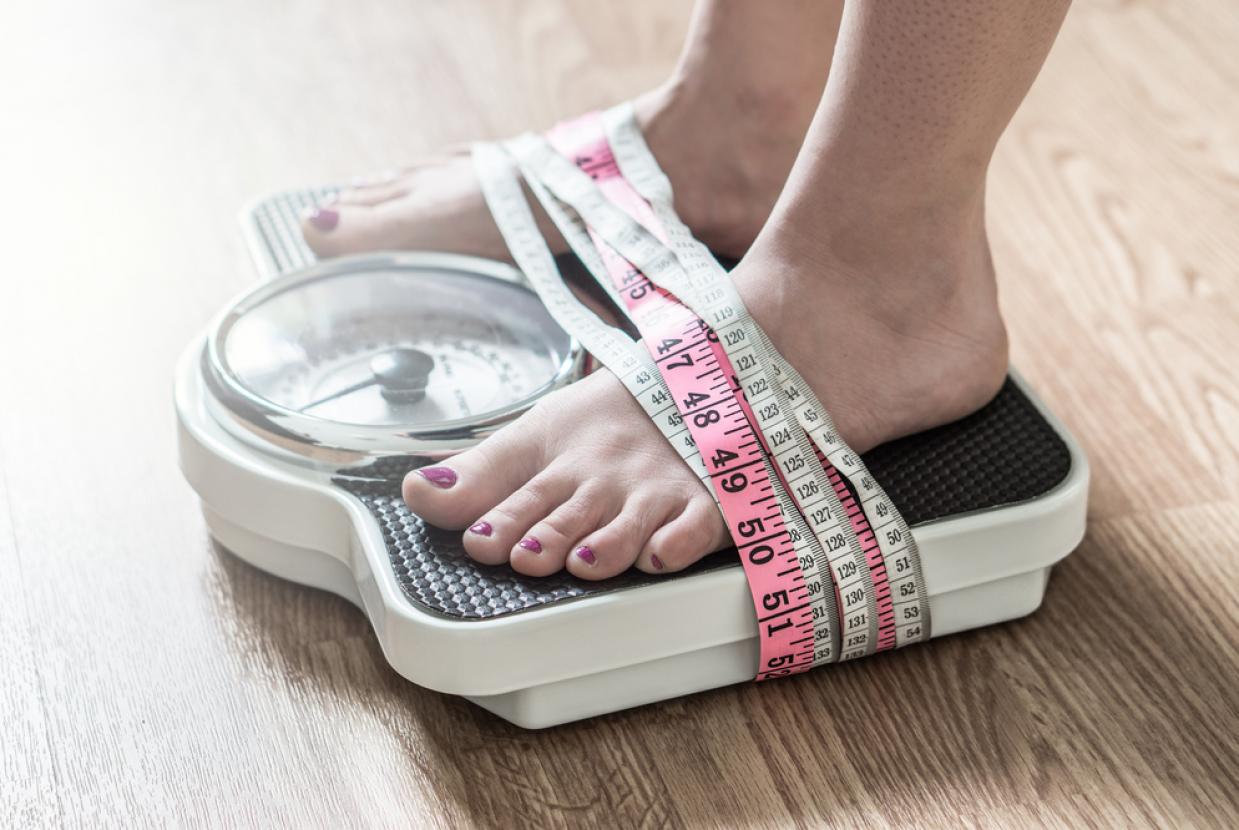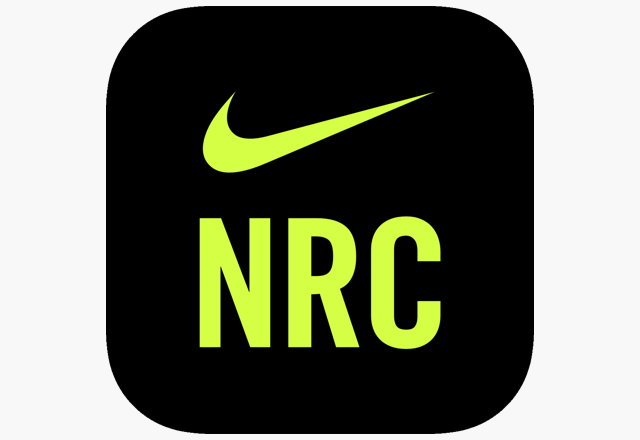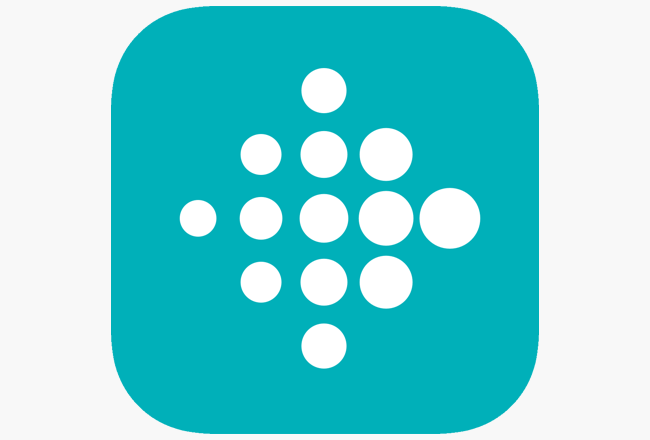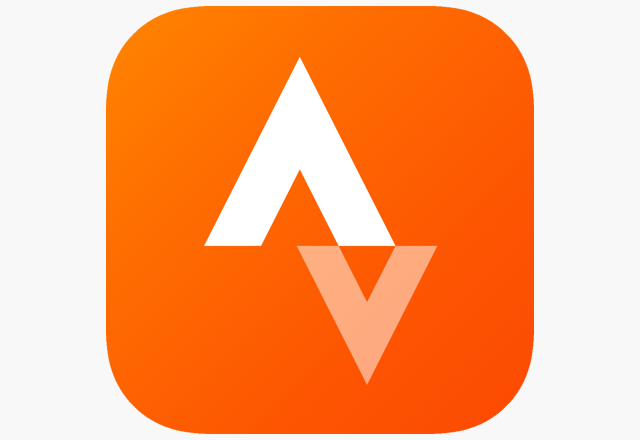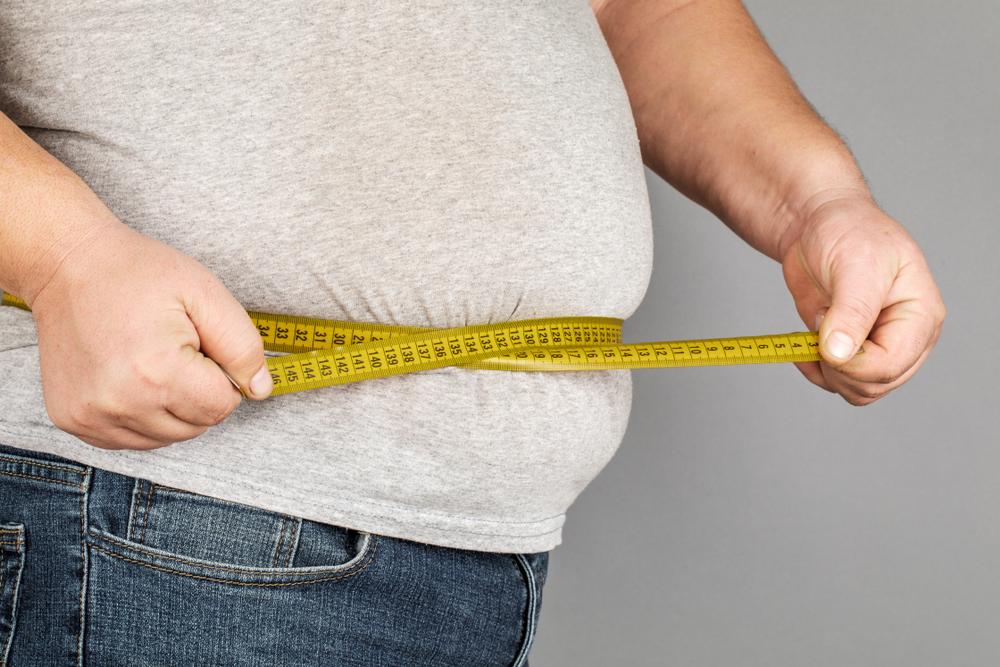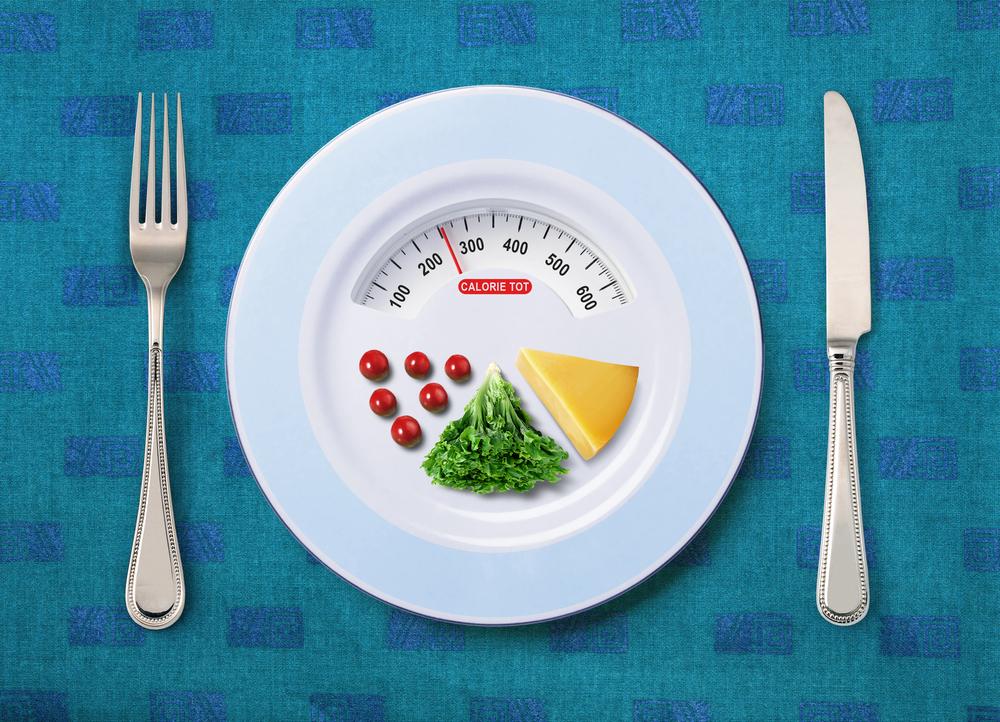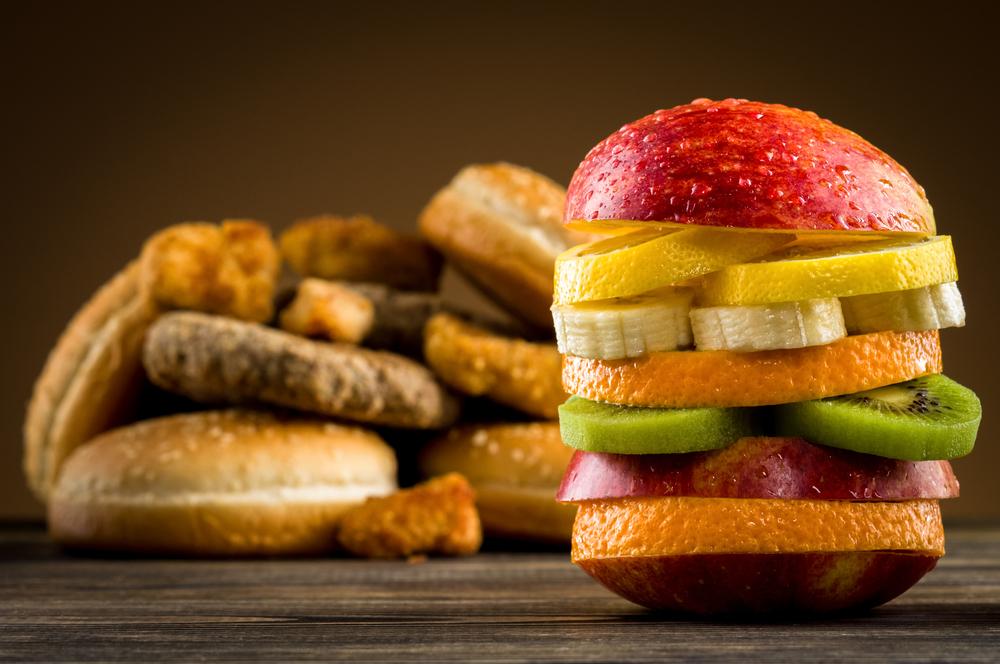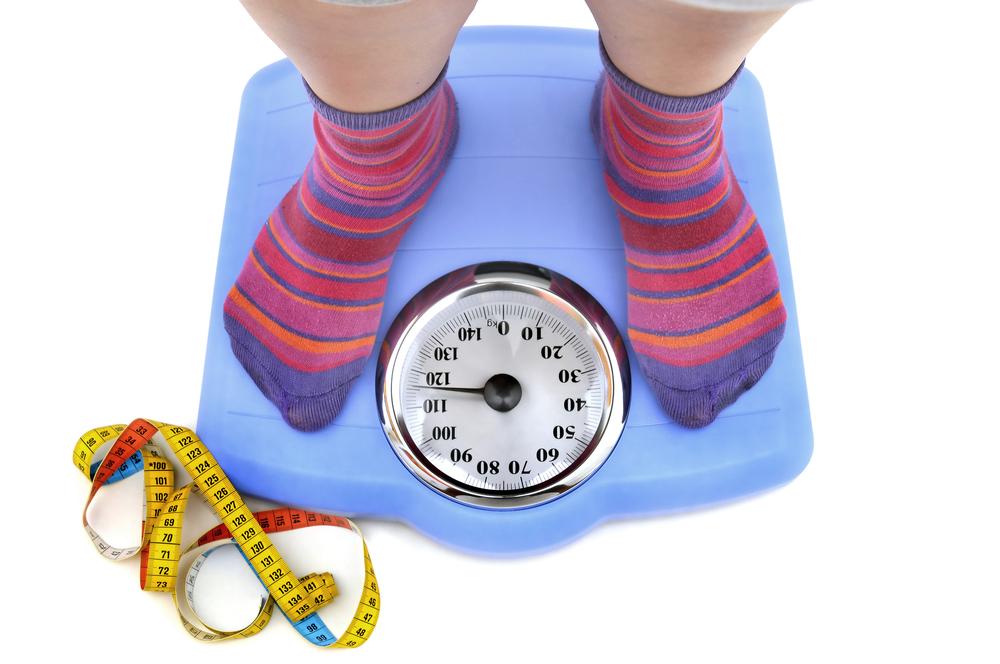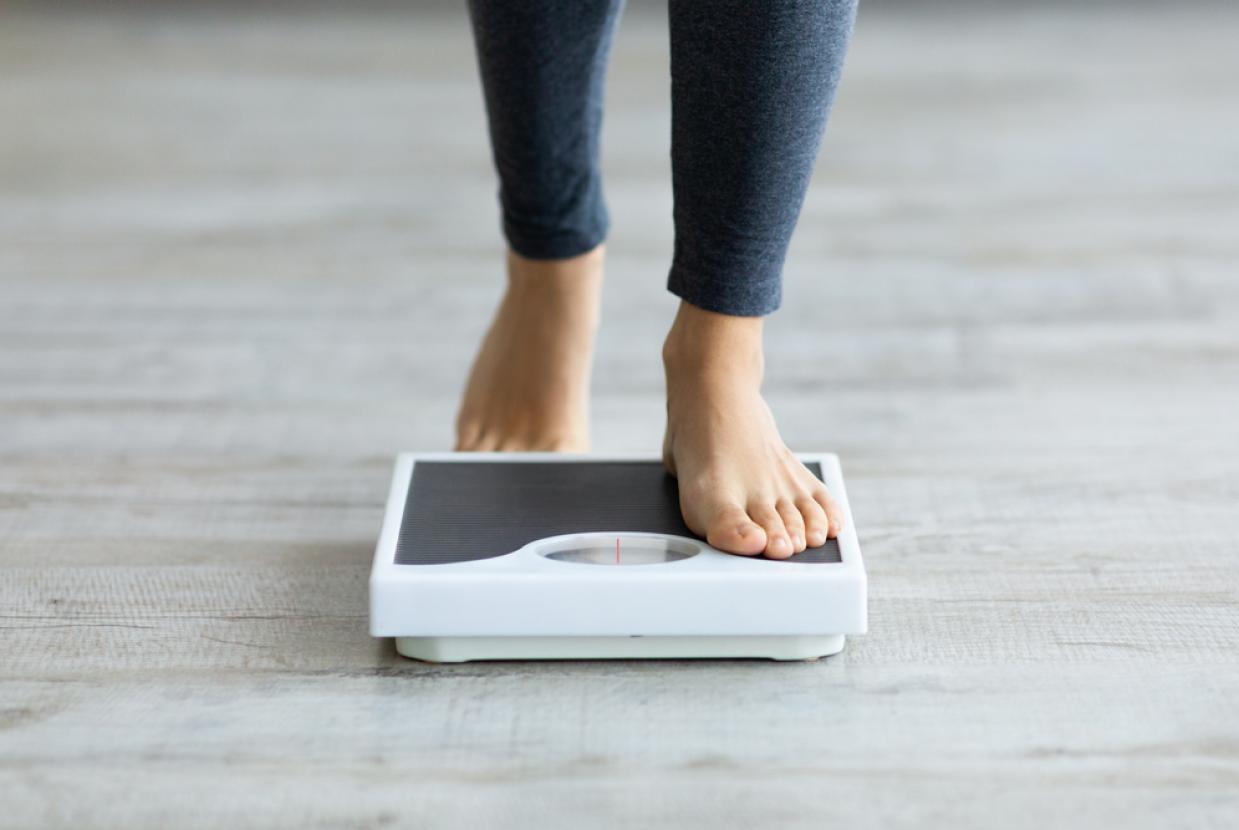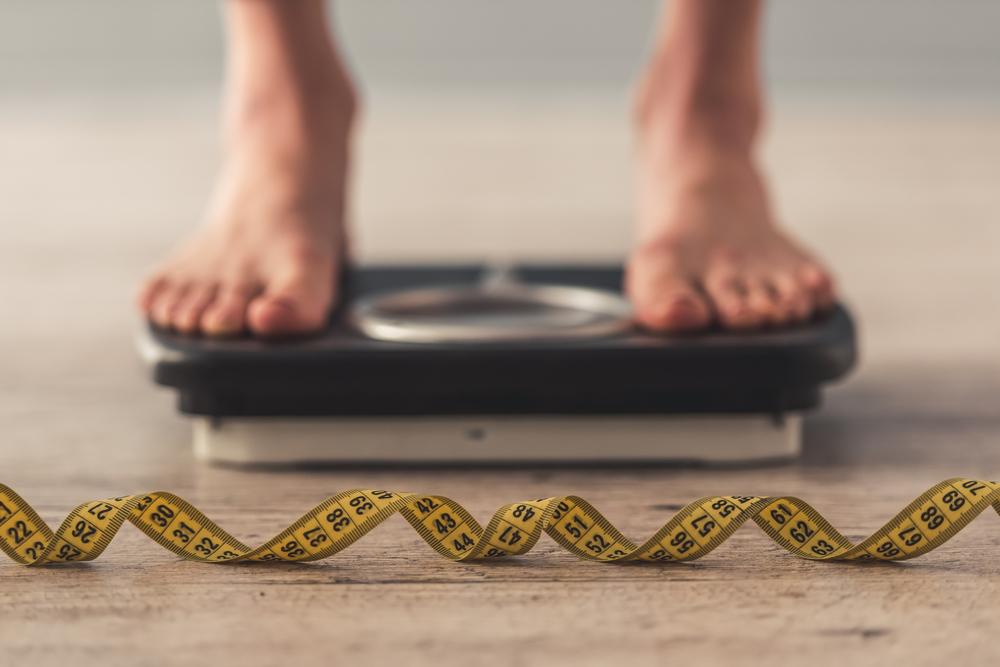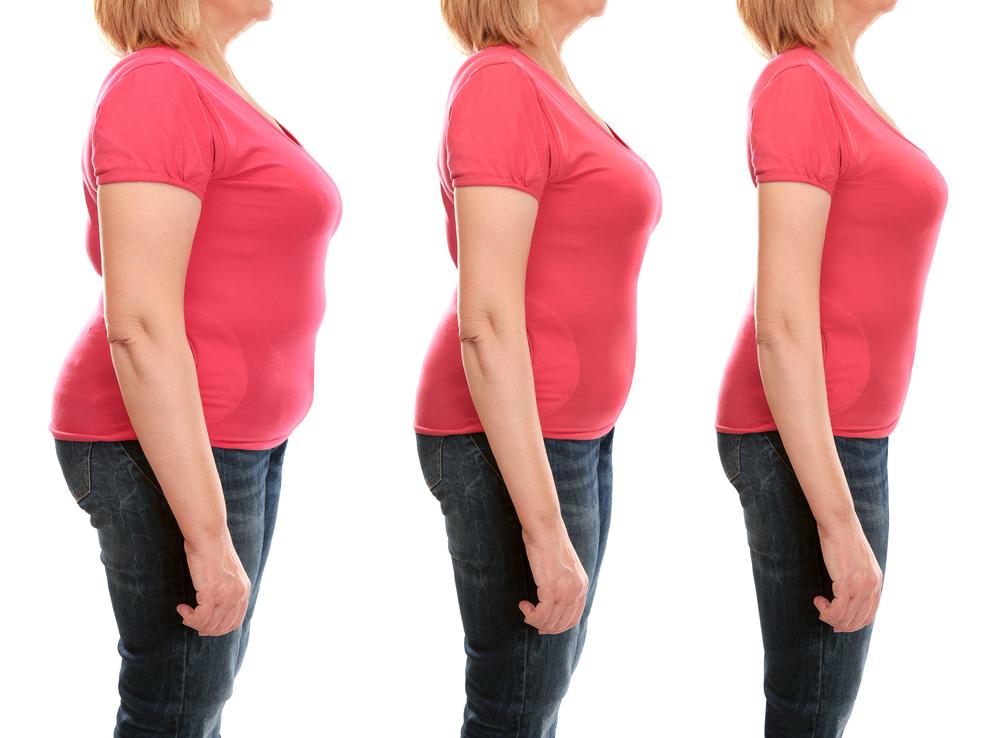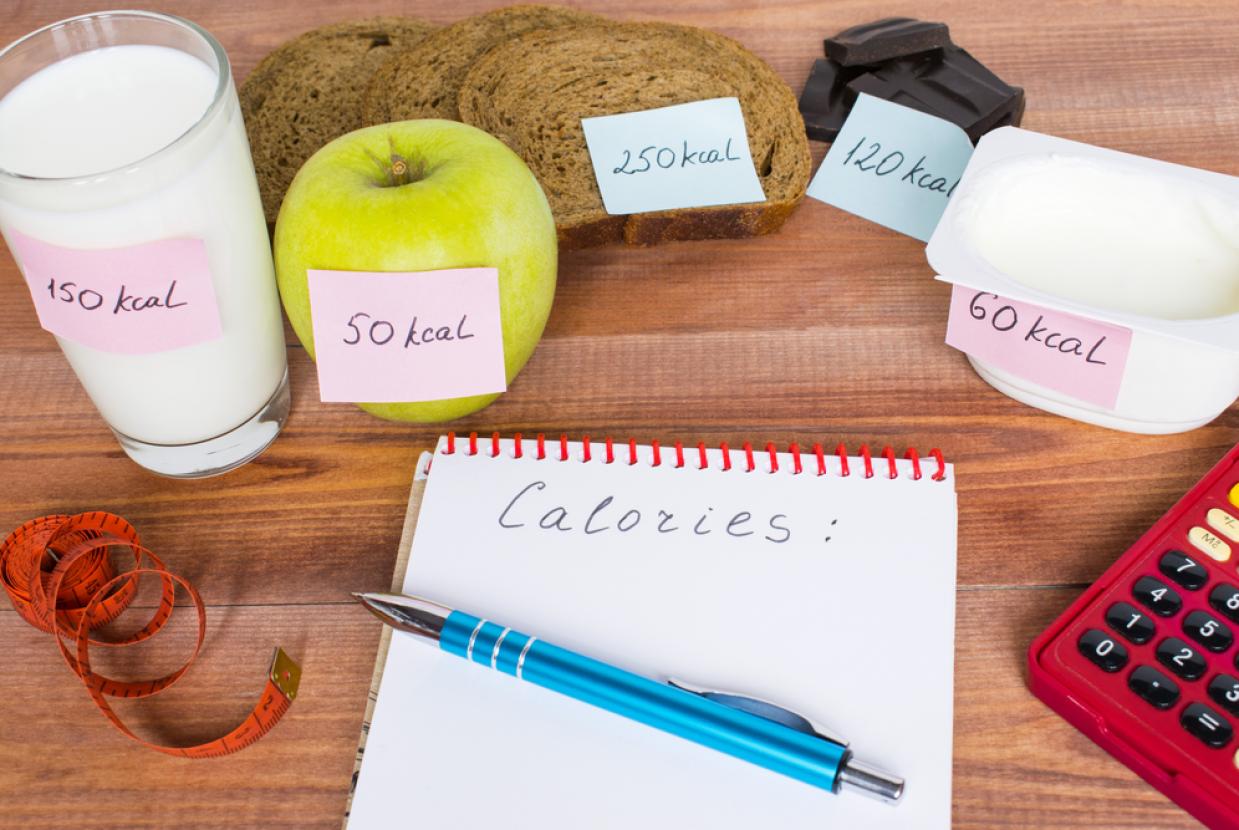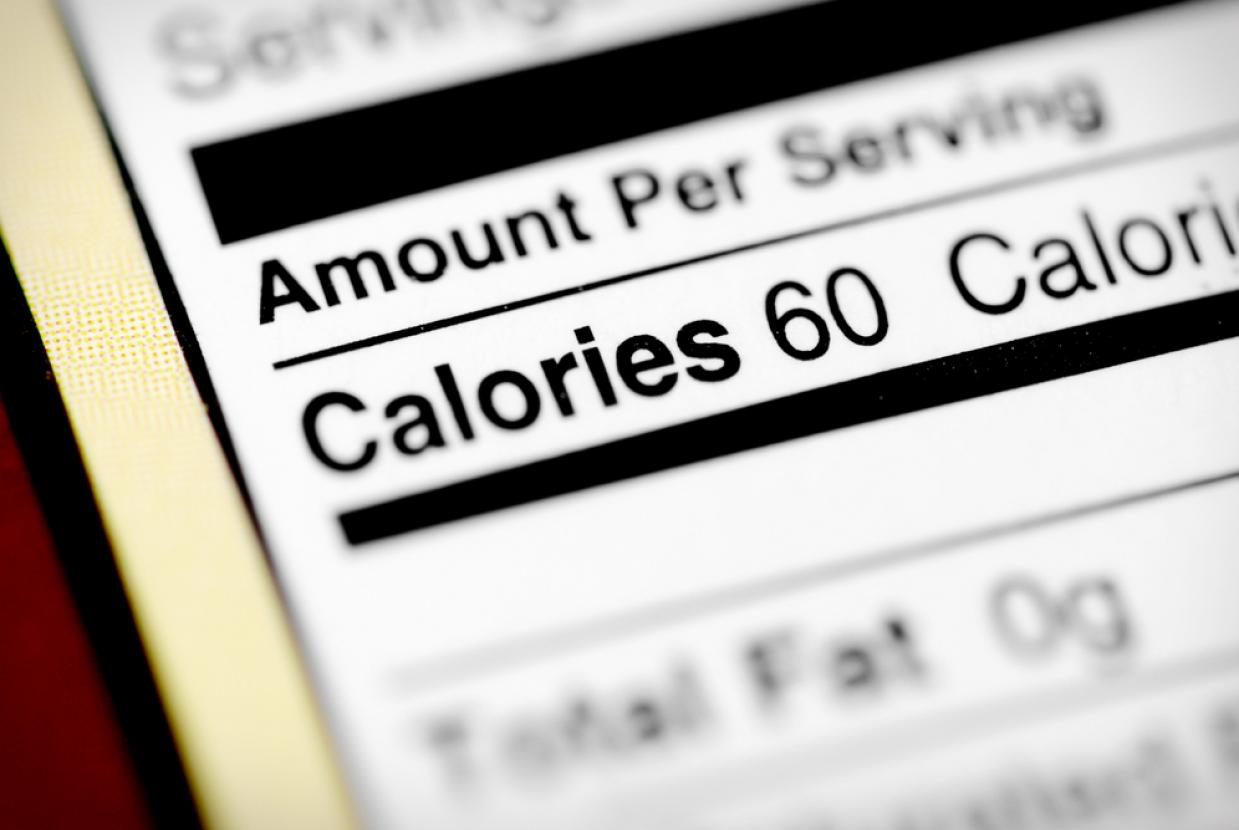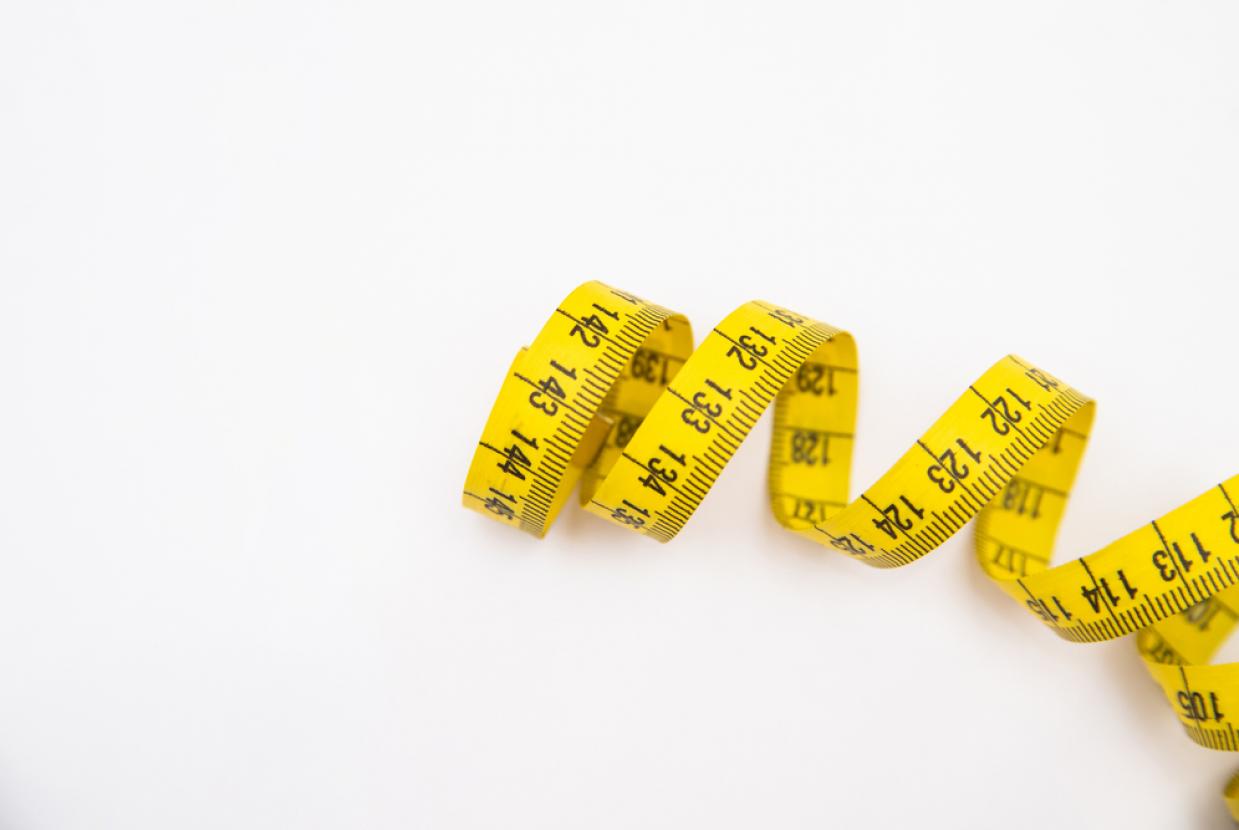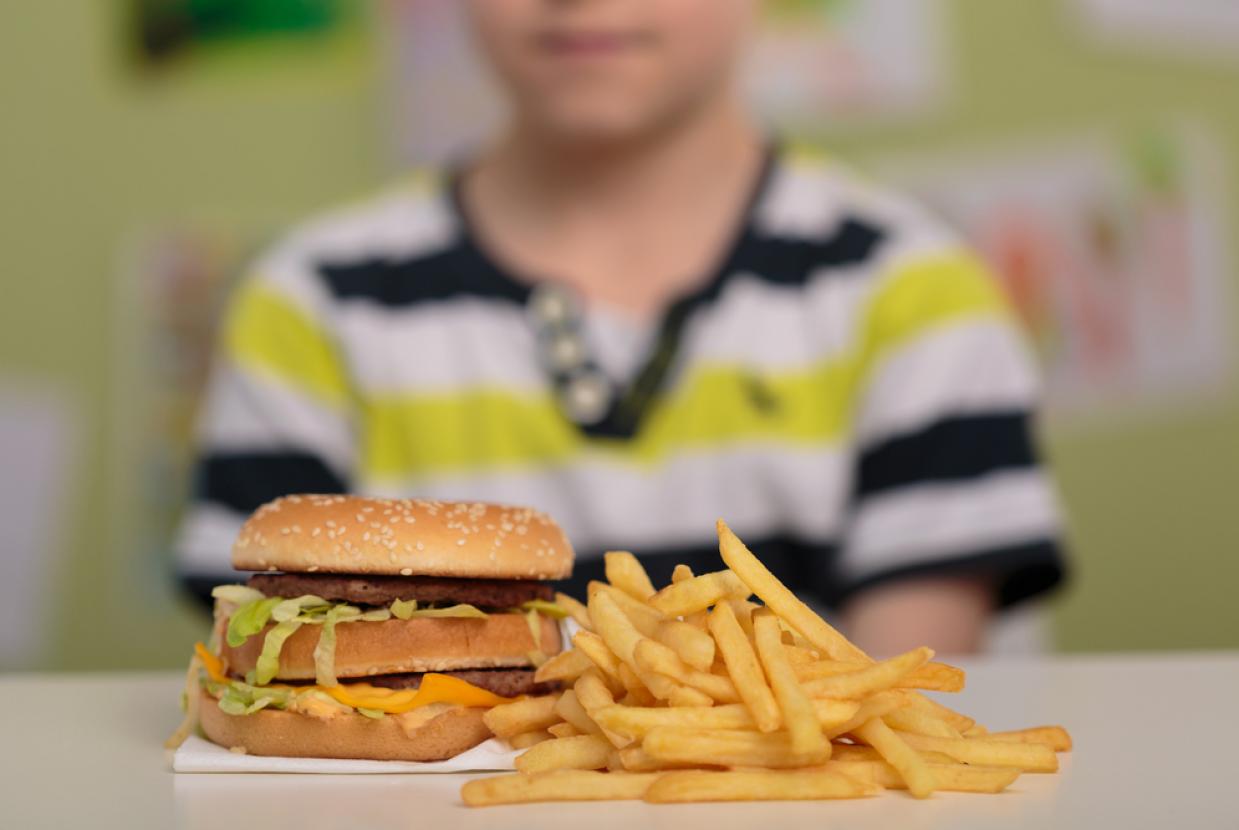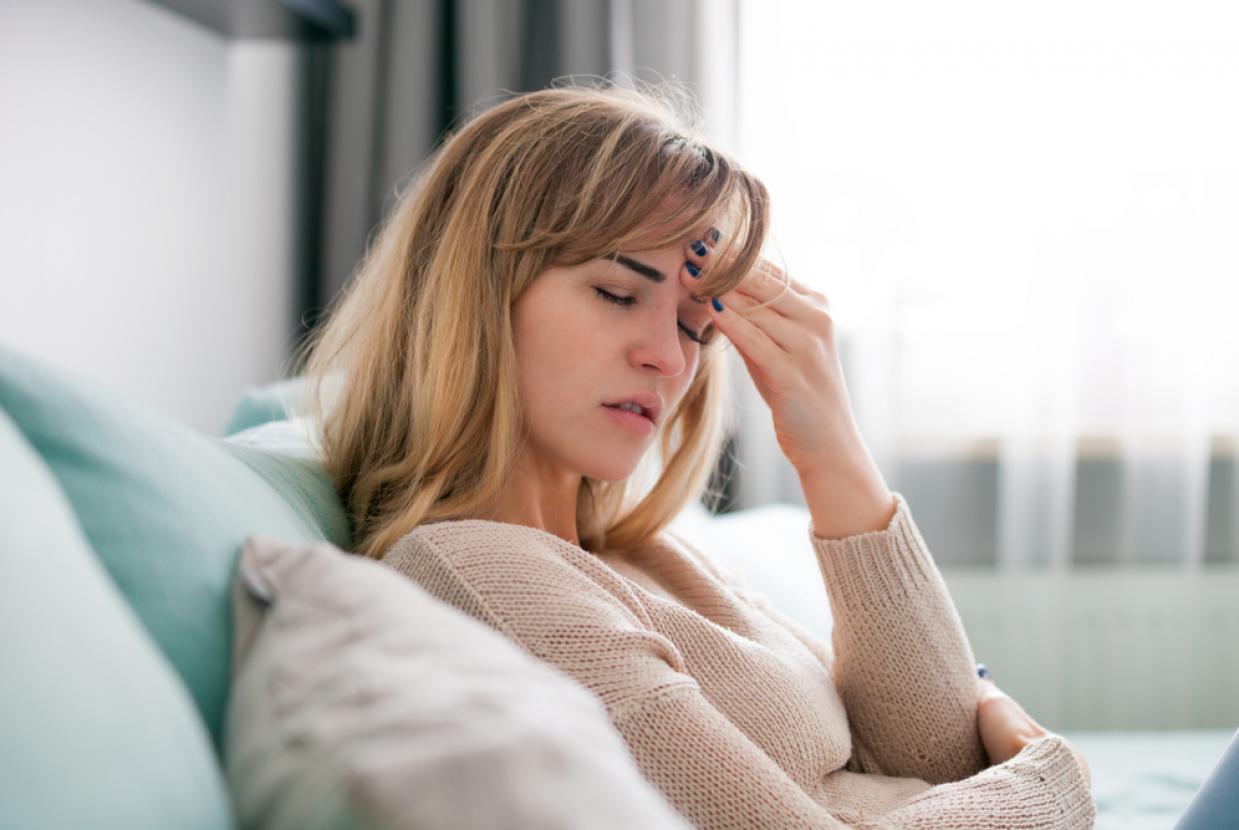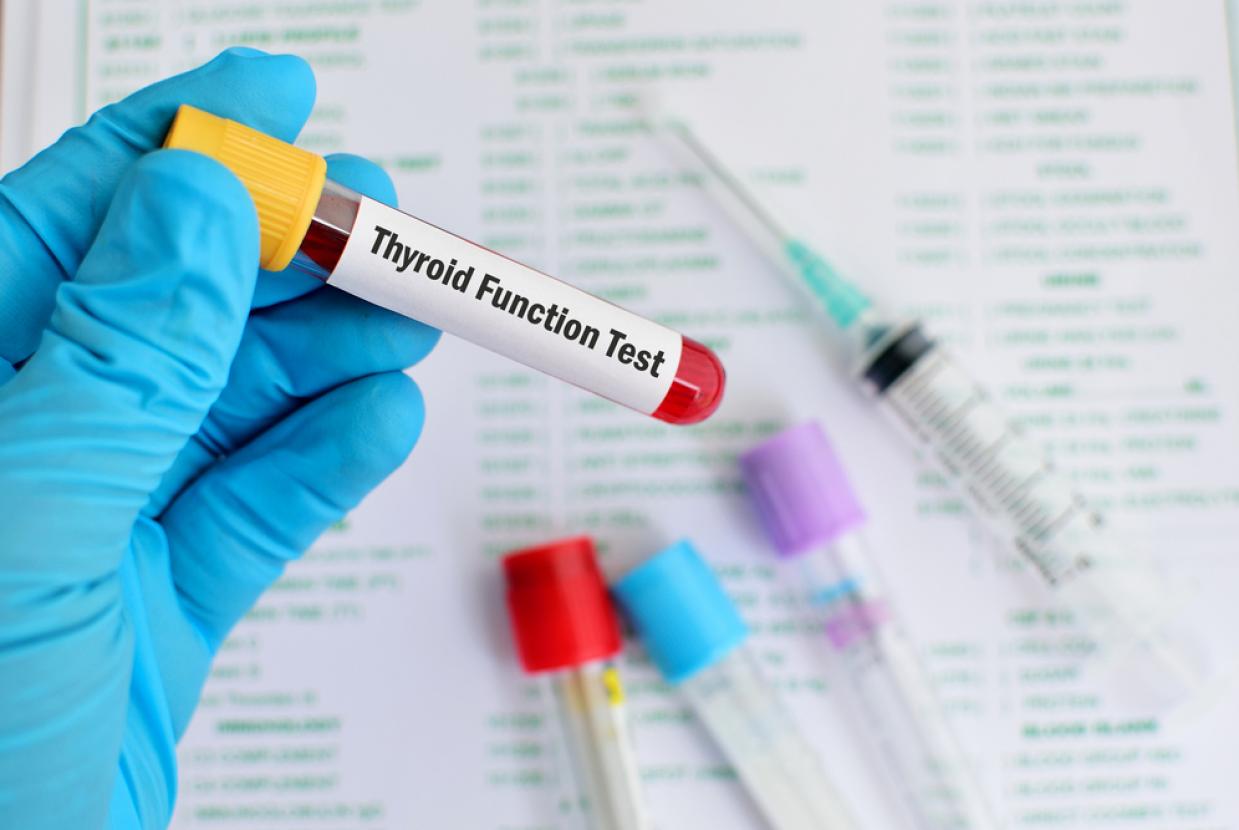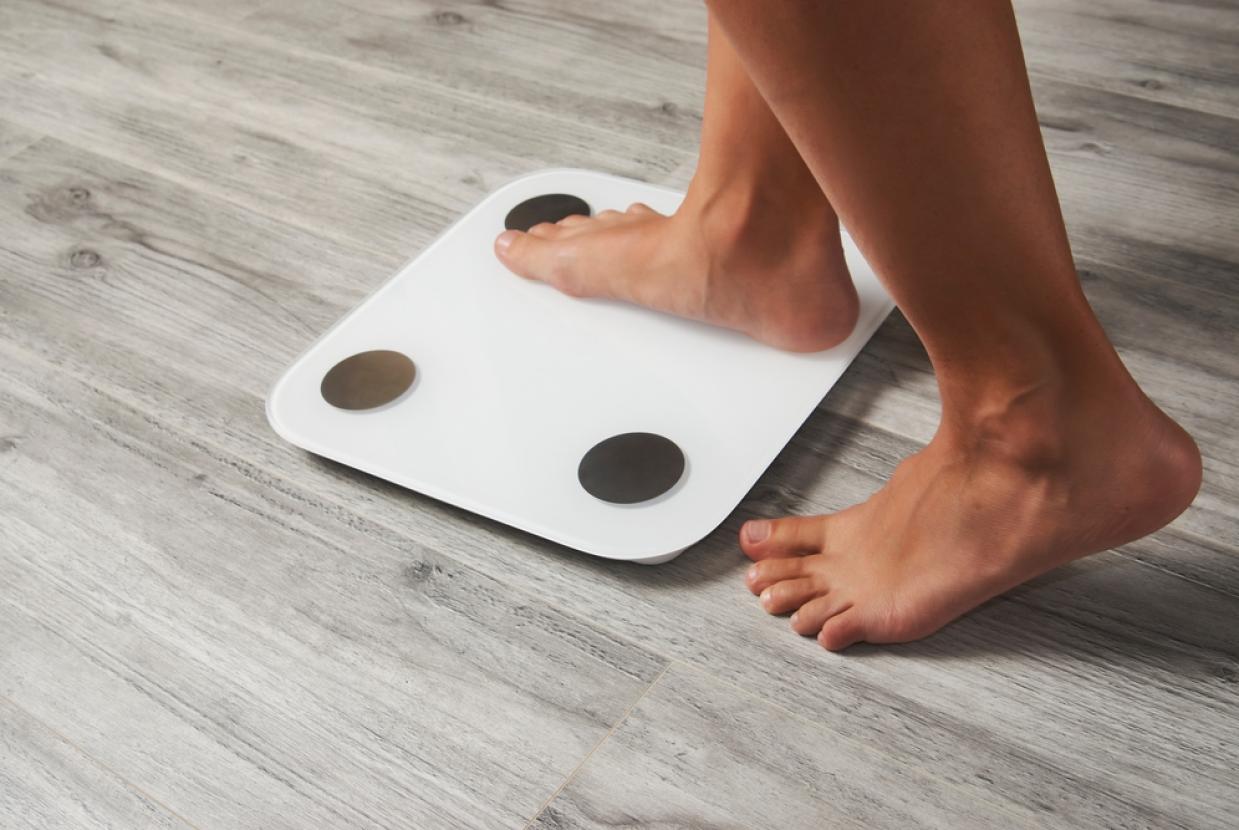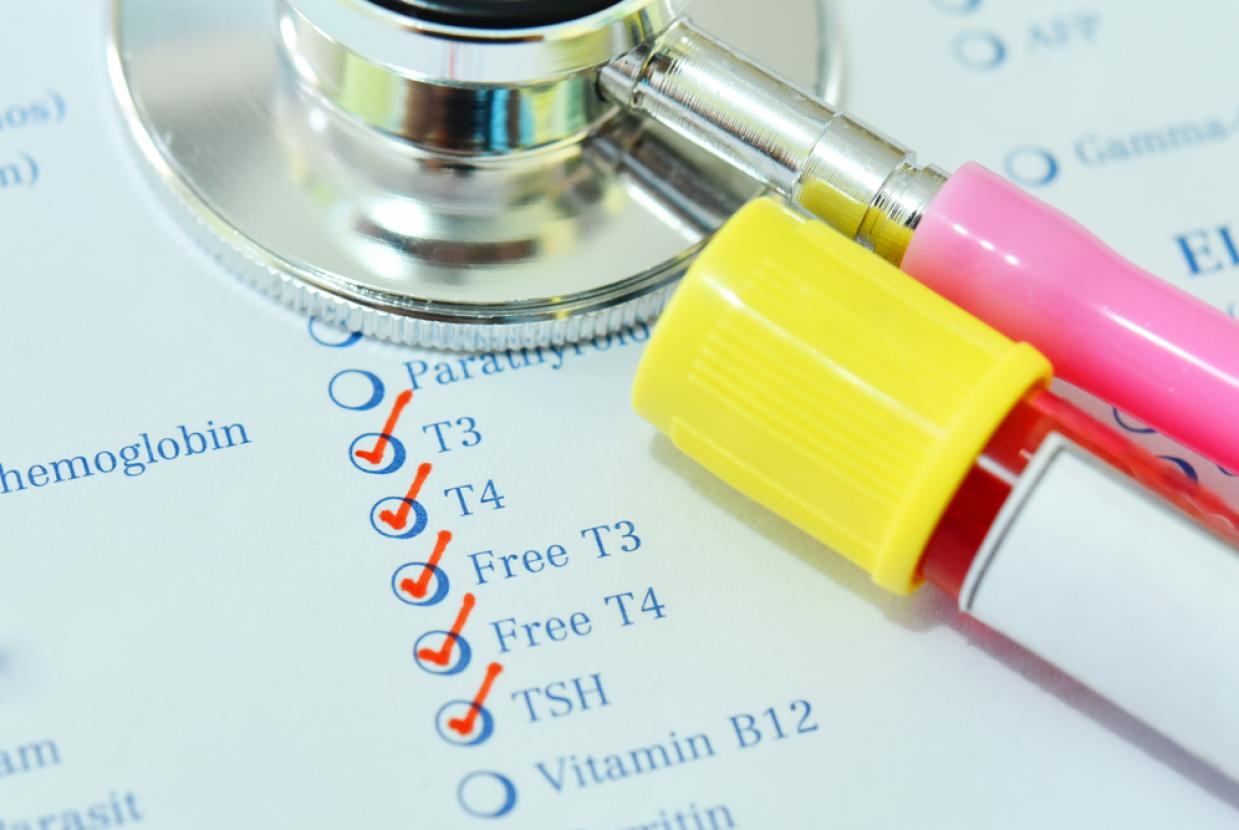Eating Disorders: Facts vs Fiction
Healthy WeightAll eating disorders are harmful and I think there seems to be this misconception that anorexia is in some way superior which absolutely isn’t the case.
All eating disorders are serious emotional and physical illnesses and although they may manifest in different ways, typically in the form of anorexia (where an individual might restrict their intake), bulimia (characterised by episodes of bingeing and purging) or binge eating disorder (eating large quantities of food without feeling in control of doing so), psychological implications are common to each. These include:
- A preoccupation with food and weight
- Feelings of guilt and shame
- An individual using food as a coping mechanism. Quite often someone with an eating disorder will feel they are lacking control over many elements of their life and so controlling food and their body is a means of relieving their distress.
Do you have to be really underweight to have an eating disorder?
So this is a really common misconception, that in order to qualify as having an eating disorder, an individual must have an extremely low body mass index and appear completely emaciated. While this is unfortunately the reality for some people affected by anorexia, a very small percentage of all eating disorder cases conform to this notion.
This is a really harmful and misleading stereotype that not only contributes to the weight stigma so prevalent in society today, it may prevent an individual from recognising themselves that are affected by an eating disorder simply because they do not meet the ‘thin ideal’. Leaving individuals feeling as though they are ‘not sick enough’, this in turn prevents many coming forward to seek support and the danger here is that their eating disorder behaviours could become more entrenched.
What causes Binge Eating Disorder?
As is the case for all eating disorders, no single cause can be identified as leading to the onset of BED. Onset typically results from the complex interaction of a range of biological, psychological and socio-cultural factors.
Genetic predisposition might mean some individuals are more vulnerable than others to the onset of BED.
Psychological characteristics such a low self-esteem and depression can make an individual vulnerable to developing BED. Quite often, the individual may have difficulty expressing their emotions and feelings. They might therefore use food as a means of dealing with these.
Internalisation of societal pressures that equate our worth to our weight is also a risk factor for development of BED. This can leave an individual preoccupied with their shape and weight. Other social factors that might lead to someone developing BED include weight stigma, bullying, and exposure to parental dieting.
What’s most important to remember is that eating disorders do not discriminate. They can affect anyone of any age, gender, ethnicity or background.
Aren’t diets a good thing if someone needs to lose weight?
Research show us that diets are neither effective nor sustainable ways of managing our weight. They are a temporary solution.
A period of dieting is perhaps the single most important precipitating factor in BED. It does not address the root causes of BED.
An individual with BED will typically find themselves stuck in a vicious cycle of dieting and bingeing. Restricting food intake and avoiding certain types of foods can make this cycle much more intense by leading to binge eating, subsequent feelings of guilt and shame, dieting again to compensate…. REPEAT. The only way to break this cycle is to stop dieting.


